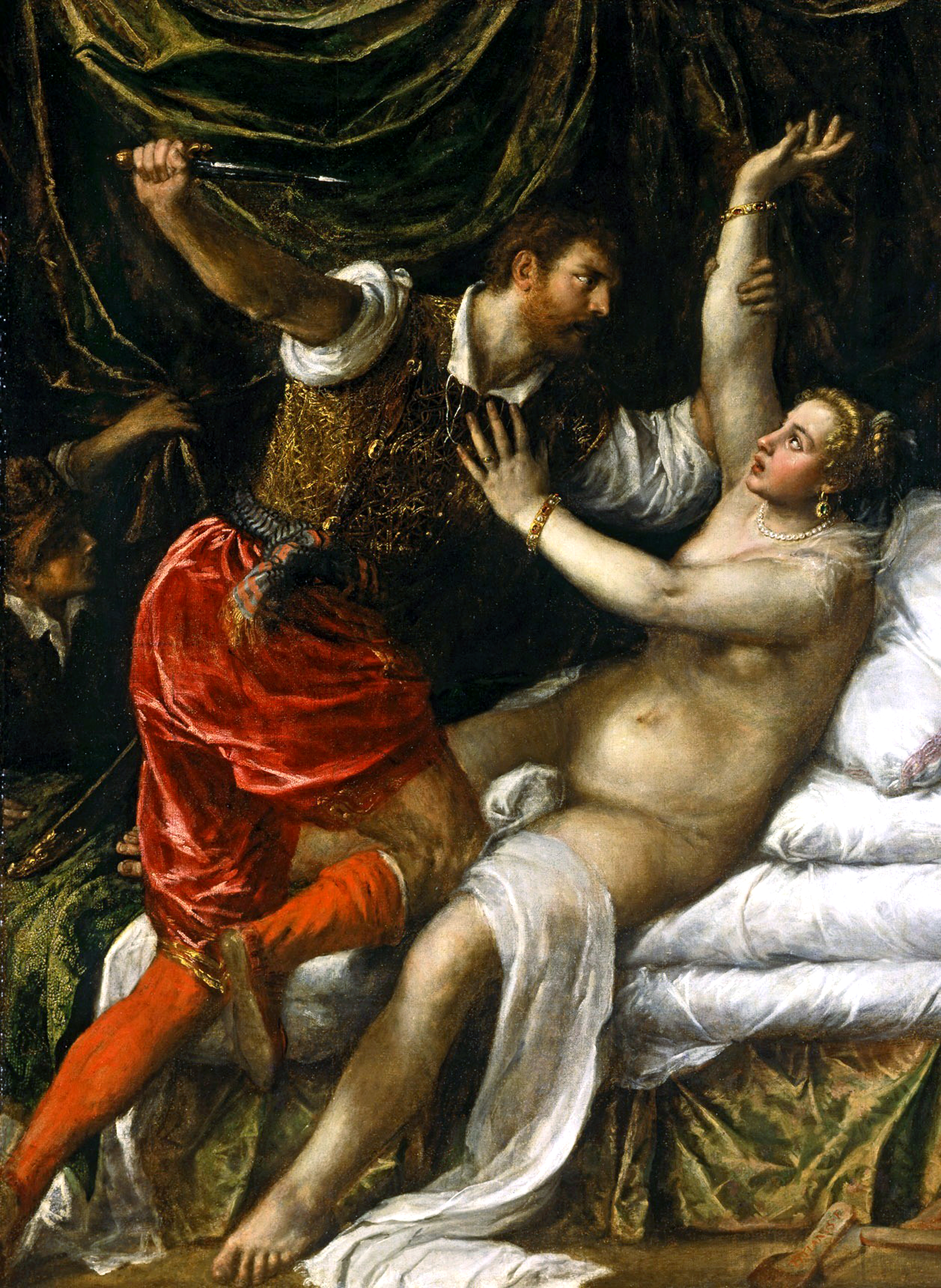A Fraternal Lamentation

Oh Hybrida, my former brother
I would have done anything for you
If you killed your father, I would have jumped into the sack for you
Into the cold river, I would have let the dog tear out my achilles
The serpent my eyes, the monkey my face
If it were a crime unspeakable, I would have taken the fish and radish in your stead
If the tyrannical vulture came for you, I would have let it eat out my heart before it touched you
Us, we were partners, friends, brothers
But, as if Cicero had is own special Fascinum
He took hold of you, corrupted you, stole you from me
With his dark magic, he convinced you to betray me
Taken from me, who served with you as consul
Betray ME, who gave you his own law from his back
What god have I wronged, what ritual neglected, which rite ignored?
Like Lucretia, I lament for the loss of purity, our purity
I never thought you would let Cicero be our Sextus
Why must I anguish so? The stoics,
They say to revel in every challenge, to thank god for every obstacle,
To not be consumed by the actions of others, for they are ignorant of right and wrong
But, you, you know right from wrong
You are not a stranger, you were my brother
But now, you are gone, I cannot recognize your face
Our eyes, you refuse to let them meet
The words leaving your mouth sound foreign and strange (except when you stole my law that was pretty familiar).
Your hands move in ways I’ve never seen before
You have left me, and with you, have taken my heart and soul
A thief is what you are